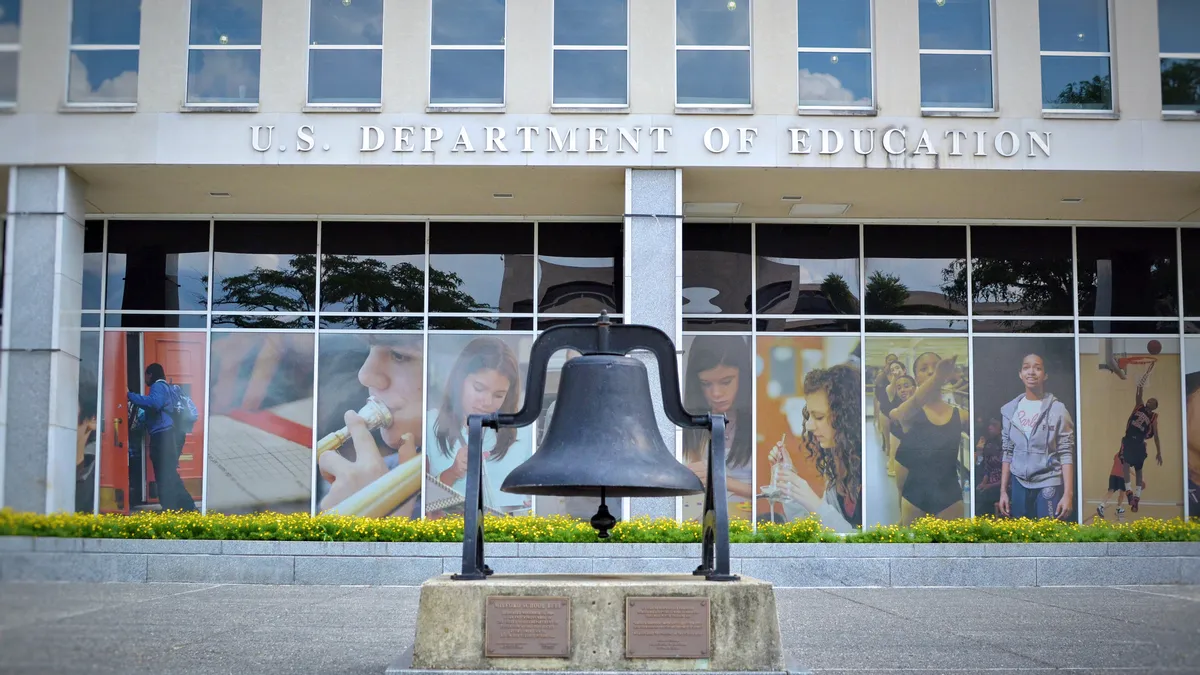Dive Brief:
-
A U.S. Department of Education representative told two Senate subcommittee leaders in identical letters last week that "it may be appropriate" for Congress to more closely scrutinize colleges’ foreign financial ties.
-
Reed Rubinstein, principal deputy general counsel for the department, wrote to the head and ranking member of the Permanent Subcommittee on Investigations, drawing attention to foreign money that the agency alleges colleges never reported.
-
The Trump administration has come down on colleges’ foreign connections, launching investigations into more than a dozen high-profile institutions.
Dive Insight:
Section 117 of the Higher Education Act mandates colleges report any foreign gifts and contracts totaling $250,000 or more in a calendar year.
Trump administration Education Department officials have contended for years that institutions whiffed on this requirement and said they uncovered at least $6.5 billion in previously undisclosed foreign money.
The department also created a new checklist and online portal for reporting the information, steps that higher education groups such as the American Council on Education said exceeded legal bounds. ACE representatives have grown frustrated with the department on this issue, saying federal officials haven’t provided clarity on reporting requirements. They have said they will continue to pursue this issue when the Biden administration takes over.
Rubinstein wrote to Sens. Rob Portman and Tom Carper, the subcommittee's top lawmakers, on Jan. 5, noting that the portal recorded some 7,000 transactions and about $3.8 billion in foreign donations and contracts since its release in June.
Despite the department’s efforts, Rubinstein continued, it remains "concerned by conduct and statements suggesting leading institutions and industry associations are committed to expanding and deepening financial and operational cooperation" with foreign sources including China and Qatar, which Rubinstein called "malign."
Congress could question the willingness of "political leaders" in the Education Department to investigate and enforce Section 117, as well as that of several federal agencies that oversee colleges’ foreign links, Rubinstein wrote. "Career civil servants" in these and other departments may be more inclined to support "more intensive regulatory oversight" of the sector.
Lawmakers should scrutinize institutions’ practices of making certain gifts and contracts from the governments of and groups associated with China, Iran, Qatar and Russia anonymous, as well as how colleges vet foreign contributions and how they influence research and curricula, Rubinstein wrote.















